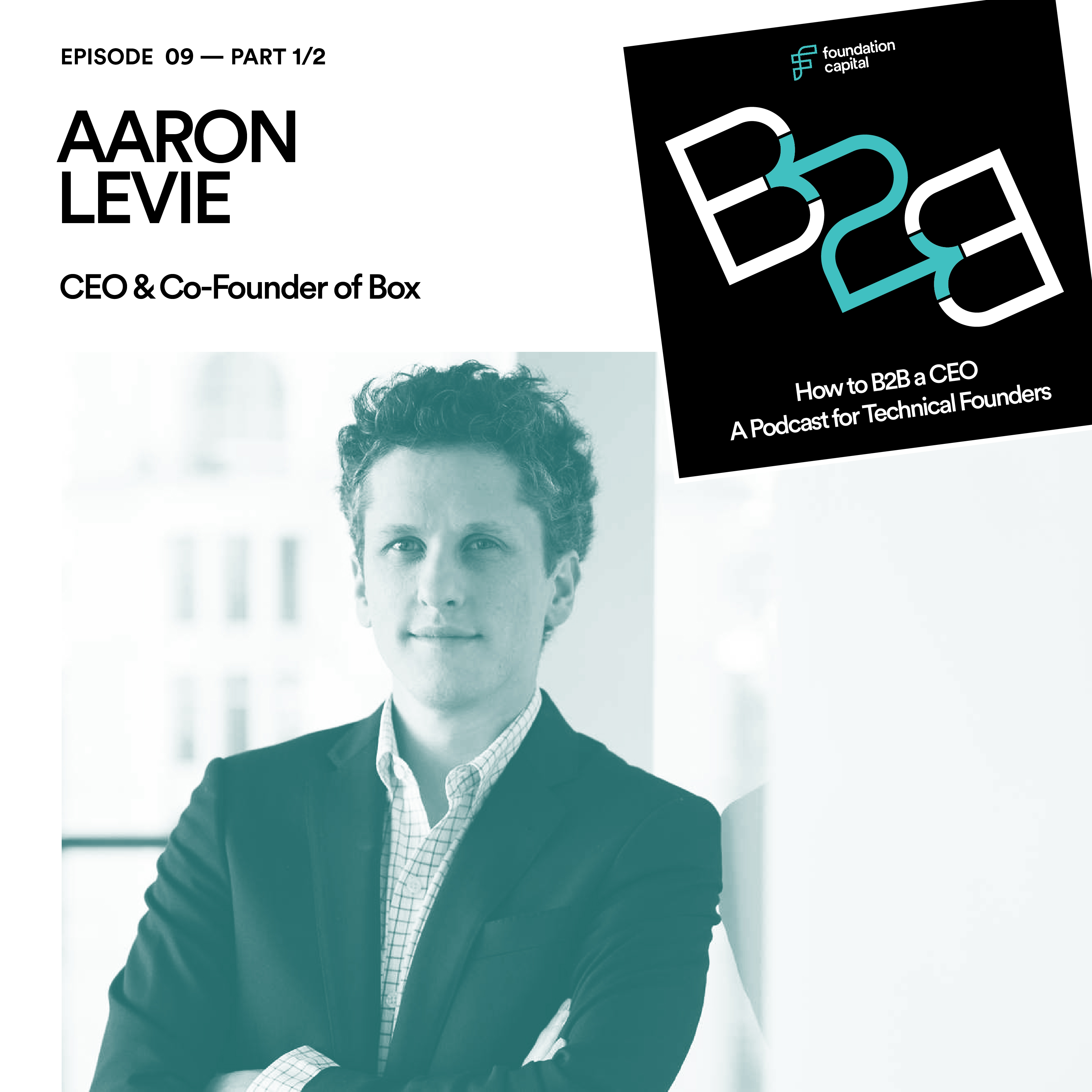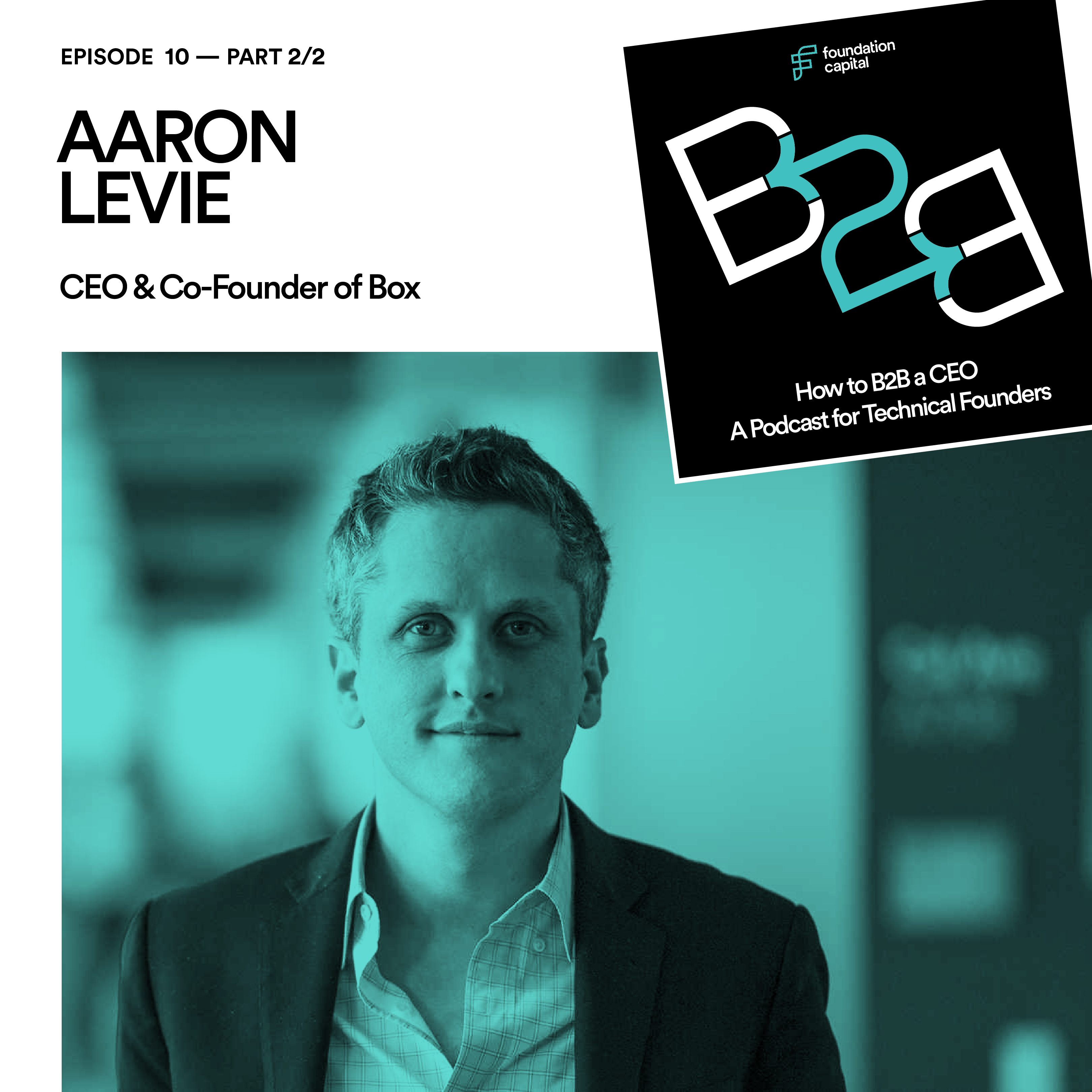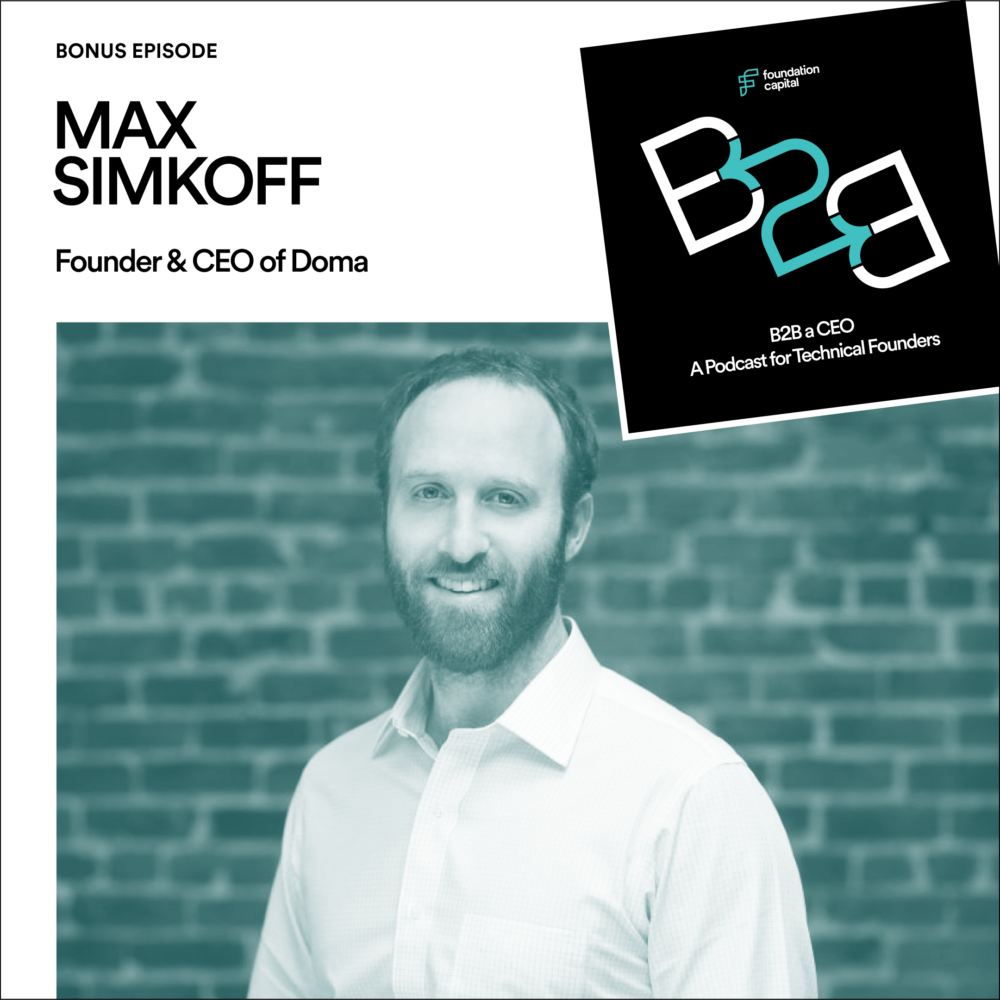EPISODE 08
How to Scale Happiness
With Eric Yuan, CEO & Founder of Zoom
By Ashu Garg
01.28.2019
LISTEN AND SUBSCRIBE:
NEWSLETTER / Apple Podcasts / Spotify / Google Podcasts / Simplecast
Zoom founder and CEO Eric Yuan tells me why and how happiness is an essential part of his multi-billion-dollar company.
I. Episode Recap
Eric Yuan arrived in Silicon Valley from his native China in 1997. He joined WebEx as a founding engineer, staying through its acquisition by Cisco and rising to VP of engineering by 2010. Not satisfied with what he saw as Cisco’s reluctance to solve customers’ complaints, he left to found his own enterprise video communication company, Zoom, in 2011. It was a good decision: Zoom went public in April with a valuation of $9 billion and it was also named the best tech company to work for (and the second best company to work for overall) by Glassdoor. Eric tells me how he was able to achieve success by scaling happiness.
Starting a Company With Two Questions
The first thing Eric did when he founded Zoom is answer two questions: What kind of company did he want work for for the next 10 to 20 years, and how would he fund it?
- He decided Zoom would have company culture focused on happiness.
- He went to trusted friends rather than top-tier VCs and raised $3 million in seed money.
Building a Wow Experience
Once he got the funding, it was time to build.
- The video conferencing market was well established and crowded.
- The only way Zoom would stand out was as a finished, polished product that was better than everything else: a “wow experience”
- Pre-launch, every employee was there to write code.
- It took about two years to launch.
- A product coming into a new market doesn’t have to worry about standing out this way.
The Wow Experience Comes to Standford… and Beyond
Zoom’s first customer was Stanford’s Continuing Studies program.
- Stanford liked the product. Encouraged, Zoom looked for other schools as customers.
- Eric hired Zoom’s first sales team once it had three customers, and it grew from there.
- Eric also put resources into making sure existing customers were happy.
- Happy customers helped attract new customers through word of mouth.
- A freemium product also brought new customers in.
- Eric sent personal emails to (and even had Zoom meetings with) customers who cancelled their accounts to ask what went wrong. Many of those customers ended up coming back.
- What Eric did not focus on was marketing. Zoom only recently hired a marketing team because Eric believed customer happiness and word of mouth was the best way for this product to attract new users.
- Happy customers = happy company
Scaling Happiness
Having a company culture of happiness was easy enough when the company was small and Eric knew everyone. Eric had to make sure that culture scaled along with the company.
- Zoom relies heavily on internal referrals.
- Zoom hires for potential, not experience. It wants employees who will grow with the company and will be loyal.
- New hires are told about company culture and values are constantly reinforced.
- Each branch has a “happiness crew”
- And there’s a Chief Happiness Officer
- Trust is part of happiness. Transparency is one way Zoom builds mutual trust with its employees.
- Happy employees = happy company
Published on 01.28.2019
Written by Ashu Garg


